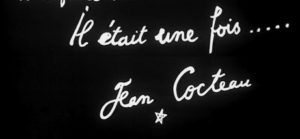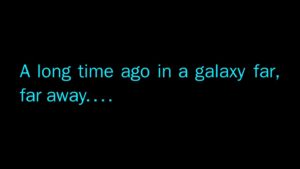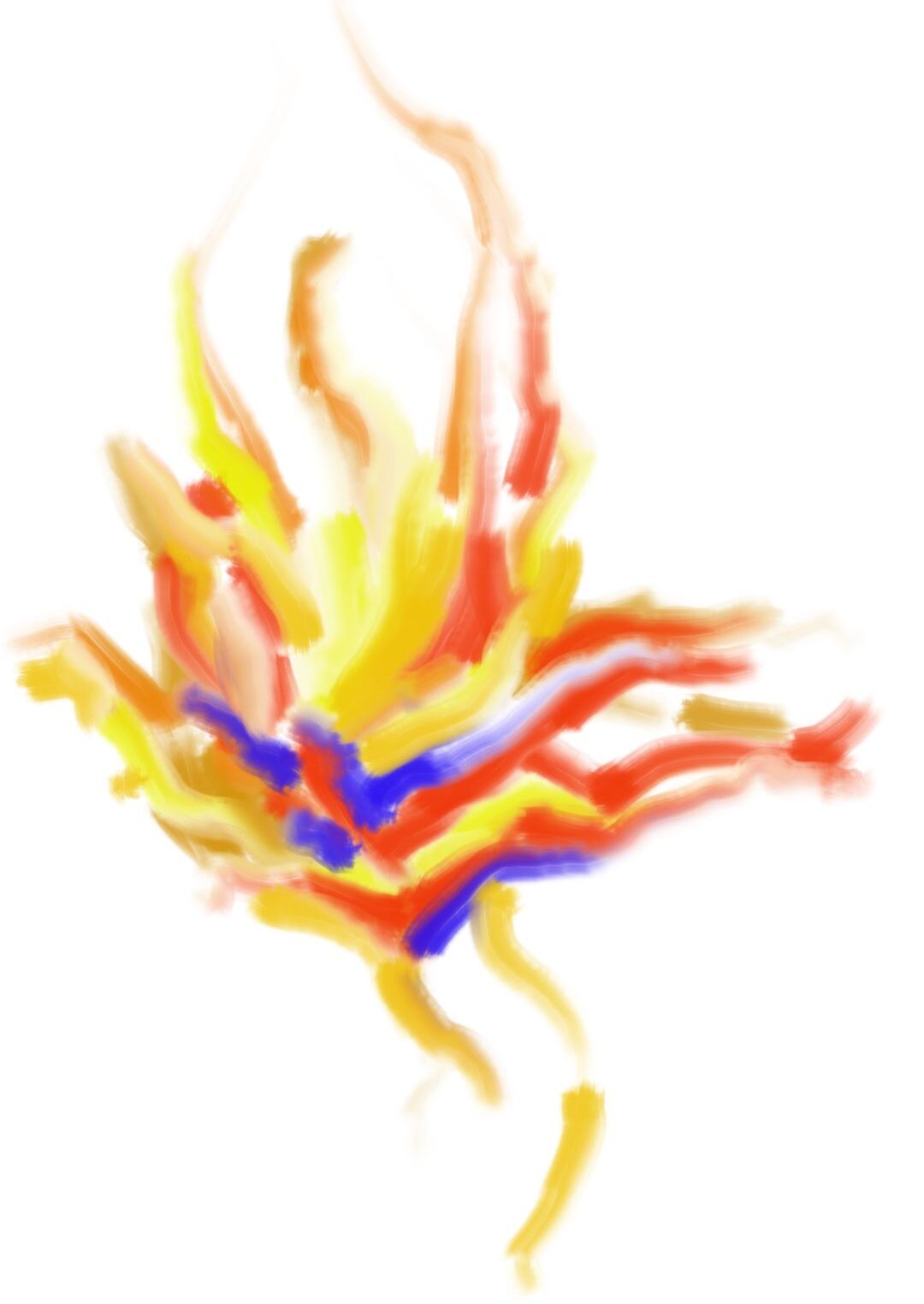
Writers of nonfiction, including the academic variety, can often learn useful lessons from the more “artful” storytelling world of novelists, playwrights and filmmakers. The phrase “Once upon a time…,” despite or perhaps because of age (it’s apparently been in use since 1380), still evokes a sense of wonder. It’s a sense that has been exploited in numerous ways over the years, including George Lucas’ “A long time ago in a galaxy far, far away….” in Star Wars to the title of Sergio Leone’s Once Upon a Time in the West.

Sometimes opening words can take on a life all their own. Think of the first paragraph of Leo Tolstoy’s Anna Karenina, “Happy families are all alike; every unhappy family is unhappy in its own way,” or “Rosebud,” the first word spoken in Orson Welles’ Citizen Kane. While Tolstoy’s sentence sets the tone for his novel, the dying word of Charles Foster Kane sets up a mystery (a question if you will) which the film’s story attempts to unravel.
Students are taught to write introductory paragraphs that clearly state what you are going to write about and how you are going to go about it. Unless you have been assigned to do one of those five-paragraph essays, your opening statement does not have to be your opening paragraph—it might even be several paragraphs long.
For instance, you could start off by telling an anecdote whose relevance to your topic is not initially evident. It could set up a mystery or question much like Welles did with “Rosebud.” One might also begin with an evocative quotation, such as “Once upon a time….” to start a book review of Bruno Bettelheim’s The Uses of Enchantment: The Meaning and Importance of Fairy Tales, or Tolstoy’s “Happy families” to introduce your essay on the dynamics of families coping with schizophrenia.
While the use of anecdotes and/or quotations to start off your book or essay might seem a bit of a cliché, they can be useful literary devices to get you going. After all, it’s much more interesting than starting a term paper for your American Literature class with something as cut and dry as, “John Steinbeck was born on February 27, 1902, in Salinas, California.”
